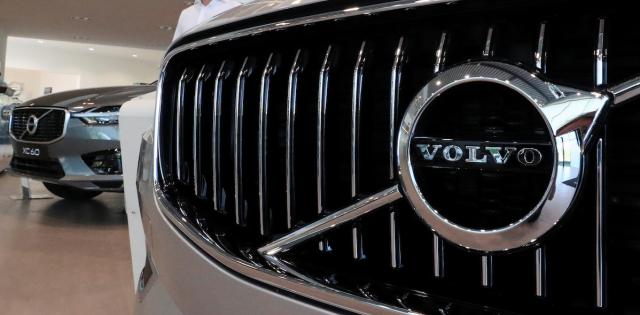The article below is sourced from Bloomberg Wire Service. The views and opinions expressed in this story are those of the Bloomberg Wire Service and do not necessarily reflect the official policy or position of NADA.
The rising popularity of large trucks and sport utility vehicles is slowing the auto industry’s efforts to reduce greenhouse gas emissions, the US government found.
After reaching a record high in 2020, fuel economy for vehicles from the last model year was unchanged, according to a report released Monday from the Environmental Protection Agency. Carbon dioxide emissions decreased slightly in 2021, the study found.
The figures reflect consumers’ embrace of larger, heavier and more powerful vehicles, which typically have lower fuel economy and higher CO2 emissions than other automobiles. Sedans fell to 26% of the cars produced in 2021, down from more than 80% in 1975, the report found. Meanwhile, the large vehicles that the EPA calls “truck SUVs” reached a record high of 45% of production.
“The overall new vehicle market continues to move away from the sedan/wagon vehicle type,” the agency said in the executive summary of the report. That “has offset some of the fleetwide benefits that otherwise would have been achieved from the improvements within each vehicle type.”
(By Dana Hull)
For more stories like this, bookmark www.NADAheadlines.org as a favorite in the browser of your choice and subscribe to our newsletter here:













